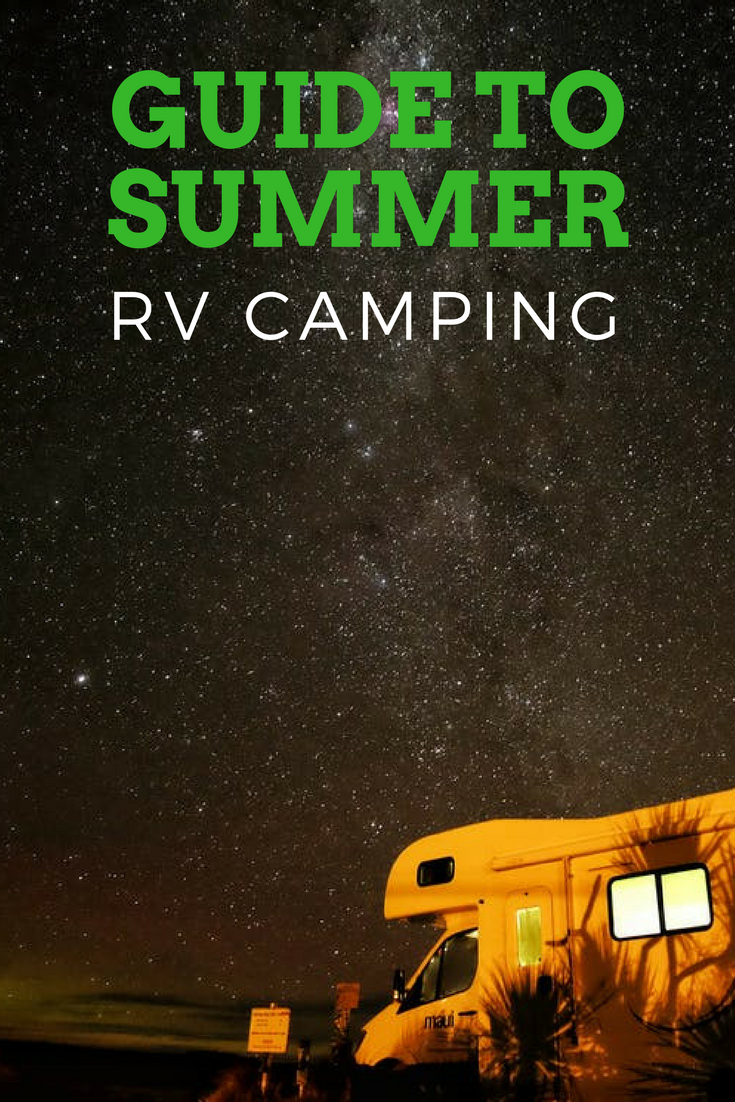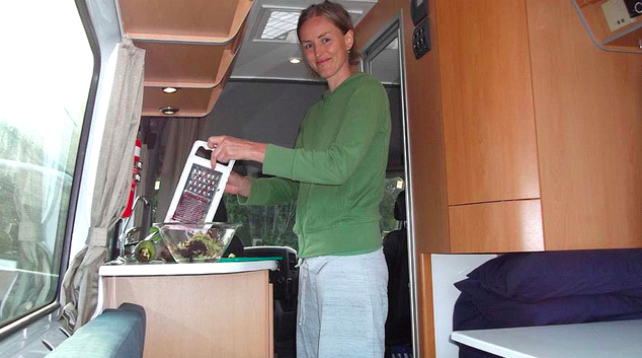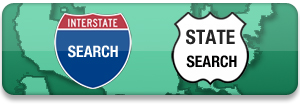Pit Stops for Kids is, at its roots, a resource for families who love to hit the road. We’ve evolved over the last decade to include destinations and vacations across the world, but during these uncertain times, we invite you to join us in returning to what we know best! For the summer of 2020, a road trip or camping trip might be the best vacation for your family. And we’re here to help you plan it safely.
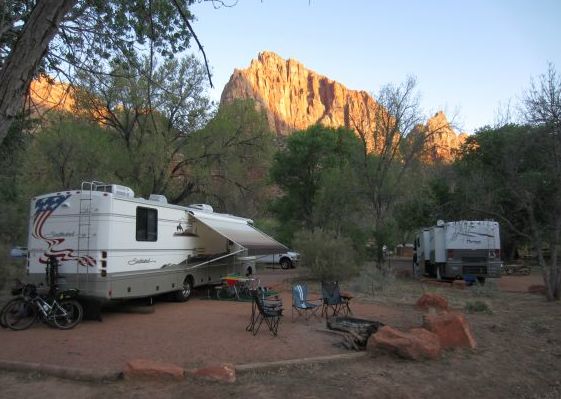
As states slowly open up again to domestic travel, the challenge remains for families to be able to explore while social distancing. One ideal way to do this is with a camper van or RV vacation. Why? You and your family can social distance using your own:
- dining area
- bathrooms
- sleeping quarters
You only patronize local restaurants and hotels when and where you feel it’s safe to do so. Get our RV camping tips here.

Tips for choosing where to go on a road trip or RV vacation:
Even if you can ensure self-containment within your RV or camper van for meals, bathrooms, and sleeping, you’ll want to vacation, right? This means picking a destination that’s open for tourism. Check national state park closure lists, but in the early planning stage, don’t be afraid to make campground reservations. Recreation.gov will cancel and refund you in the event that the campground is not yet open in time for your trip.
If you don’t want to camp at a designated campground, consider dispersed camping. Any BLM and national forest service land is free to camp on; pick up a local BLM map and call the ranger station for ideas. Remember that you’ll be off-the-grid while dispersed camping, so you’ll need to be self-reliant for power and heat, and will need to follow Leave No Trace principles.
A third option is HipCamp, which pairs RV campers and road trippers with private land available for camping. It’s like AirbnB for camping, and is a great way to socially distance while enjoying a new location. Check out our dispersed camping and HipCamp tips.
Once you have campground reservations or have decided on your dispersed camping option, do some research on your intended destination in general: are locals welcoming tourism to the area? Many are, but some regions are wary. Will local restaurants be open for take-out or delivery? Are local attractions, such as museums or parks, open? If not, think of alternative plans: are hiking trails in the area? Can you access greenways or bike paths?
We have successfully enjoyed a private campground experience, a HipCamp experience, and a Rec.gov campground experience since this spring, all while maintaining distance from others and utilizing our own kitchen areas, sleeping areas, and bathrooms in our camper van.
But what if you don’t own an RV or camper van?
You can rent one! RVshare is the first and largest peer-to-peer RV rental marketplace. Families can rent anything from a travel trailer to a luxury motorhome (and if you own an RV, RVShare is a great way to make some vacation cash while you’re staying at home). RVShare offers:
- 100,000 listings across the US
- a worry-free rental guarantee
- Rentals available in all 50 states
- A safe and secure booking/payment platform
- Instant bookable
- 24/7 Emergency roadside assistance on every booking
- Pet-friendly options
- Delivery and stationary options
- Comprehensive Nationwide Protection: RVshare Rental Insurance covers both domestic and international renters and provides collision and comprehensive coverage
The average cost is $150/night and anyone with a valid driver’s license can drive. All drivers must be at least 25 years of age. By choosing an RV vacation this summer, you’ll save yourself the heartache of canceled airfare and have more control over your family trip during this time of uncertainty. Enjoy the outdoors!
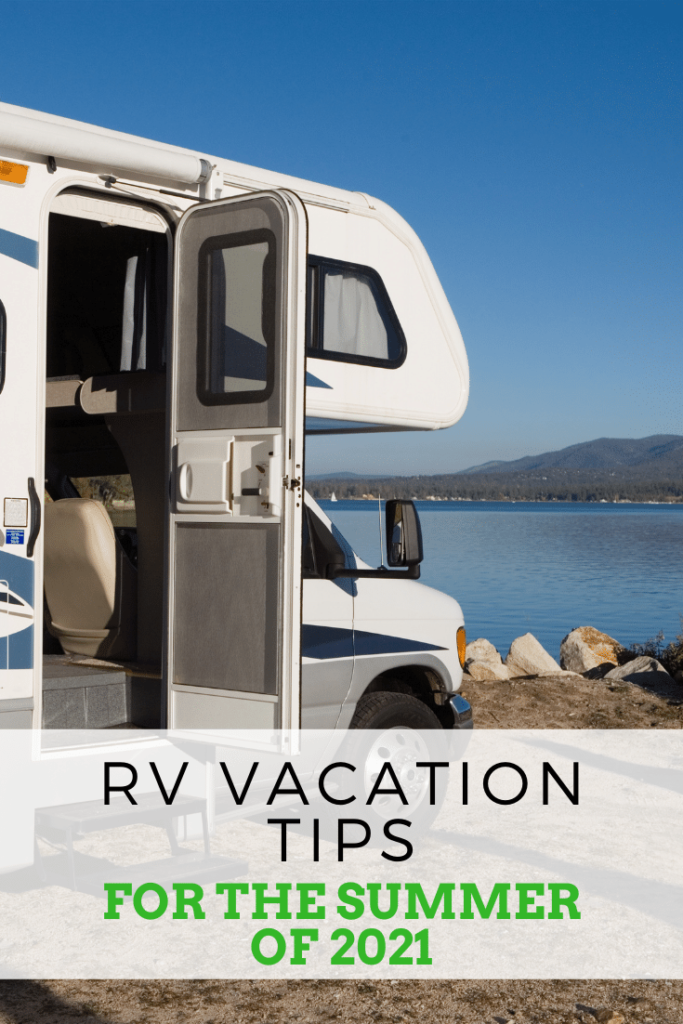
Disclaimer: This post was sponsored by RVShare. All opinions remain my own.







